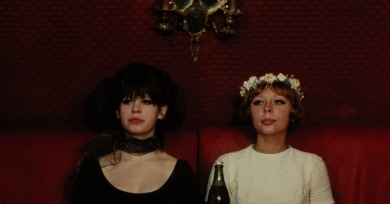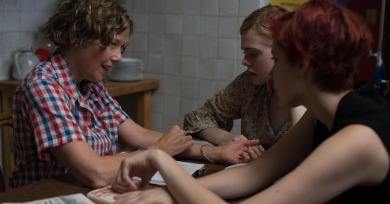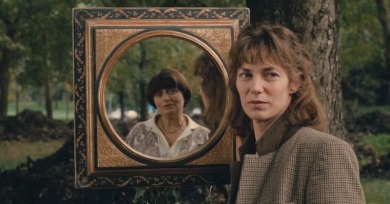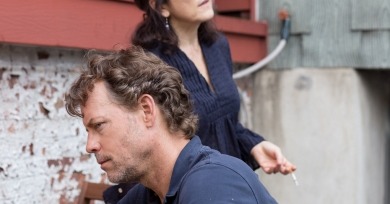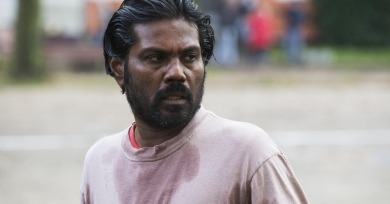Mayukh Sen
Young women are sick of the status quo in an unfairly forgotten American indie from the nineties and a classic bit of anarchy from the Czech New Wave of the sixties.
The sober, unsentimental approach to the interactions between Shaar and her women prevent Soufra from becoming a film that traffics in uplift. Soufra does not dwell on the delusion that the worth of an immigrant hinges on her productivity.
As Bening plays her, Dorothea is sarcastic and salty in one scene, deeply serious in the next. She is prone to speaking in hoary neologisms, dispensing wisdom when no one asked for it.
His output in the decade since Volver (2006), from Broken Embraces to The Skin I Live In to I’m So Excited, has lacked the charge and spontaneity of his finest work. Julieta has awoken him from this recent stupor.
Jane B. par Agnes V. is an elliptical film, and, like other Varda films (La Pointe Courte, Jacquot de Nantes), the line between the fictive and the real is deliberately porous.
The latest film by Ira Sachs is set in contemporary Brooklyn, a place overrun with white transplants who have made a habit of pricing out lifelong black and Latino residents.
Kapadia tries to glean truth about his subject from archival footage, which is ostensibly rooted in the “real”; Dahan strives for verisimilitude through the fictive, and he achieves it with Cotillard.
Audiard aspires to the operatic charge of Taxi Driver, but ends up with something more like Death Wish with a gloss of exoticism, forecasting his social prediction for a future in which the refugee exacts righteous revenge upon his aggressors.
